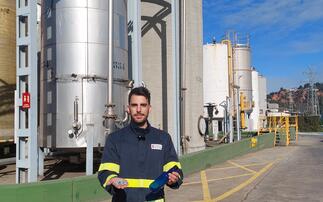Will technology affect the future of recycling?
Here's a question to consider: When you decide to upgrade to the newest computer or television or smart phone, what happens to the old one? The answer is much more complicated than one would imagine,...
To continue reading this article...
Join BusinessGreen
In just a few clicks you can start your free BusinessGreen Lite membership for 12 months, providing you access to:
- Three complimentary articles per month covering the latest real-time news, analysis, and opinion from Europe’s leading source of information on the Green economy and business
- Receive important and breaking news stories via our daily news alert
- Our weekly newsletter with the best of the week’s green business news and analysis







